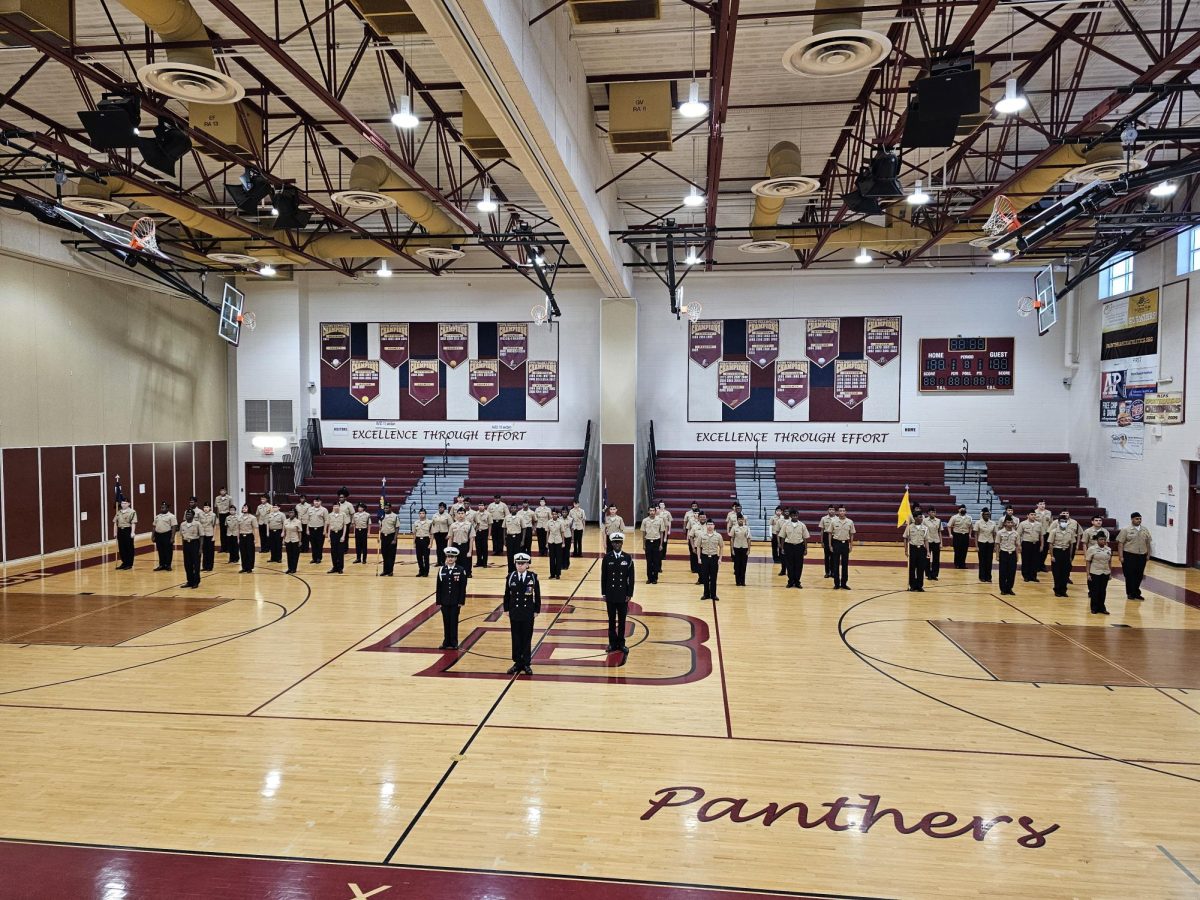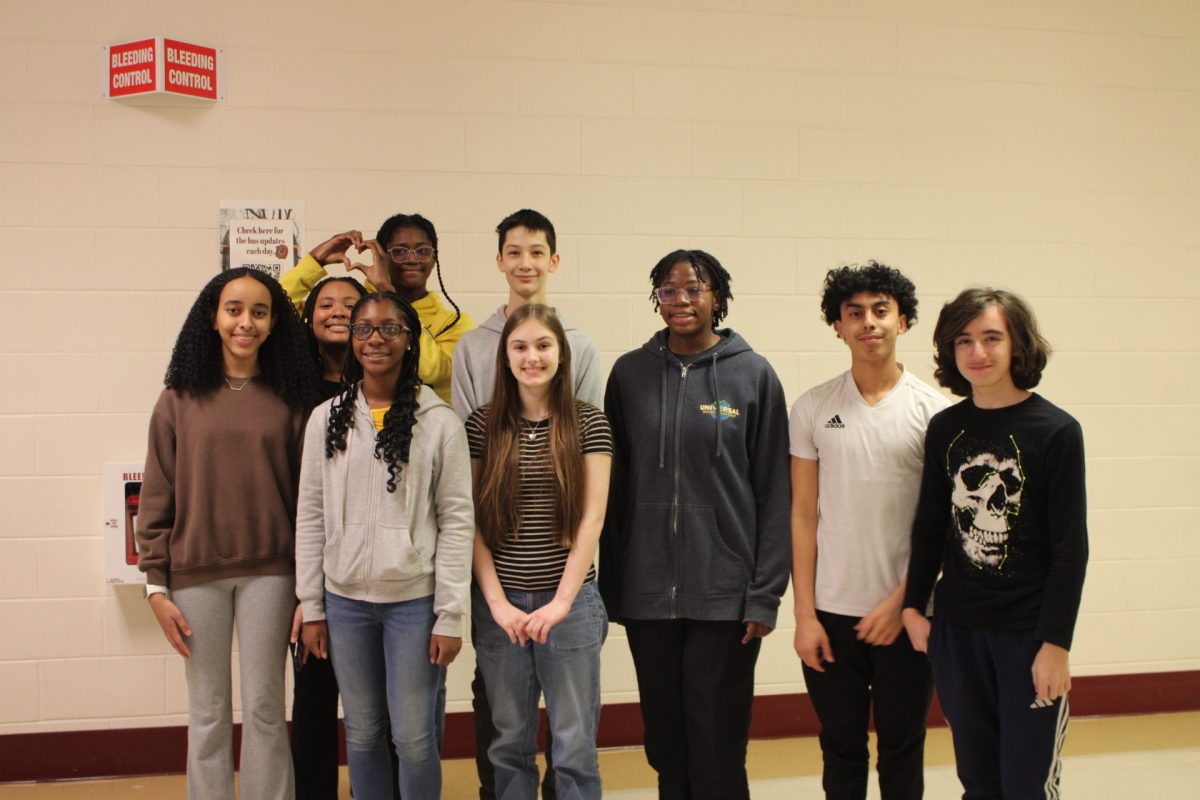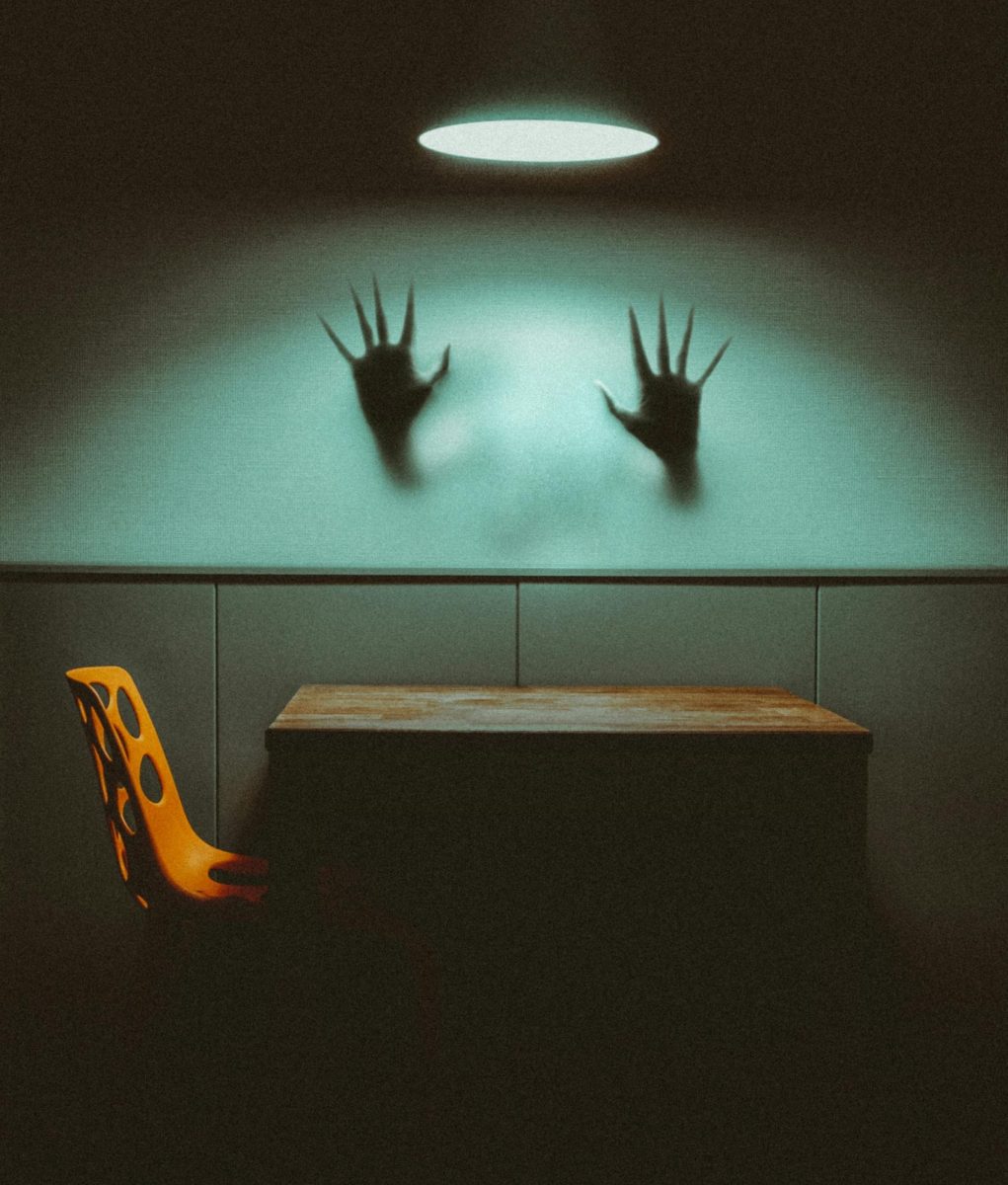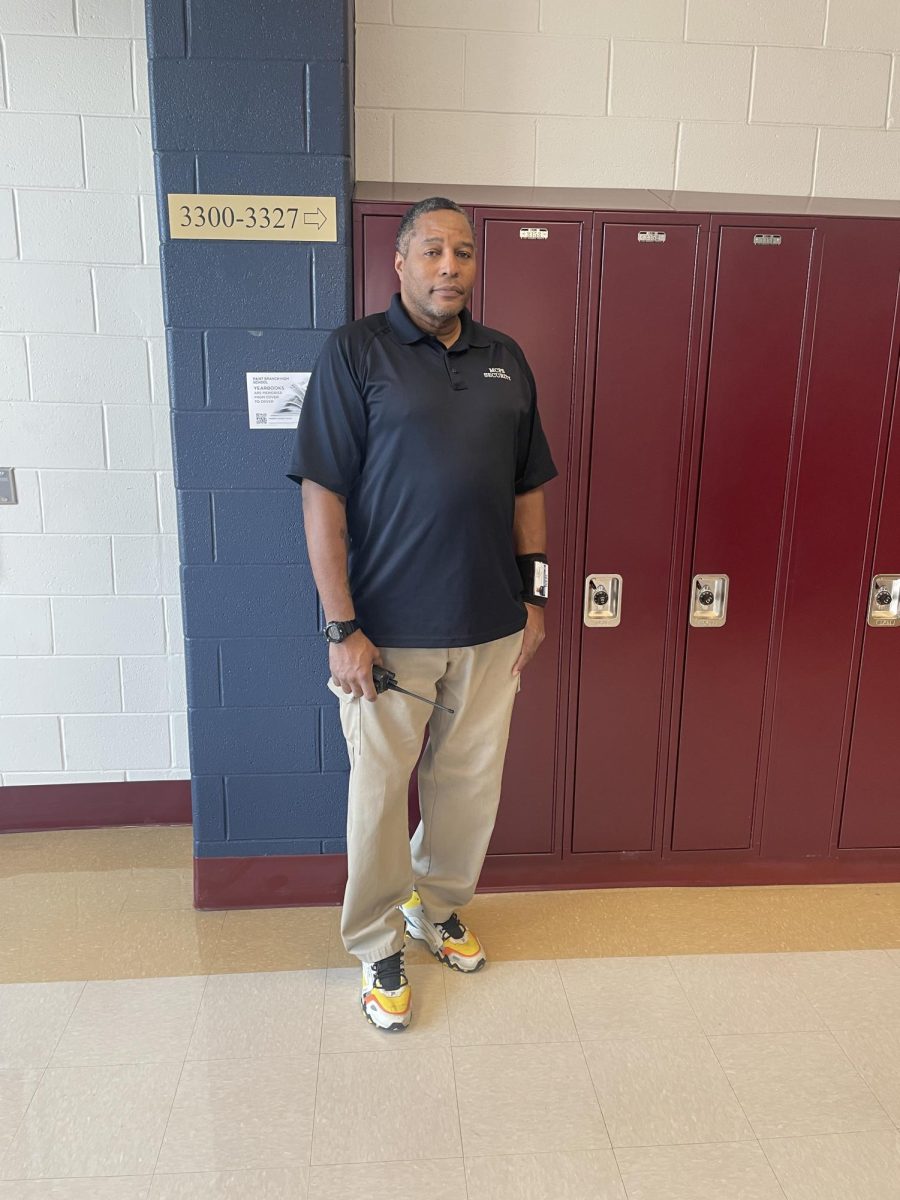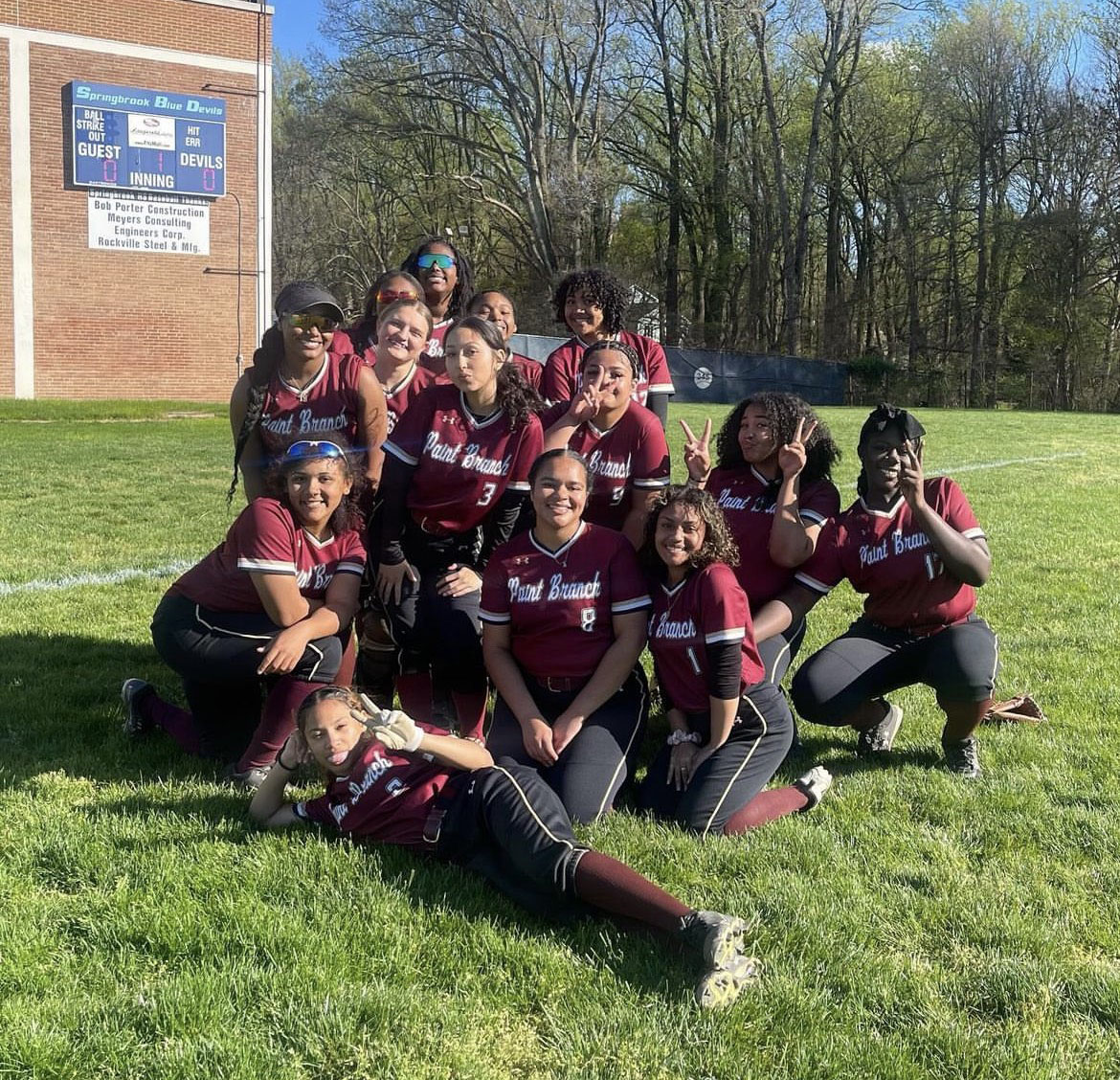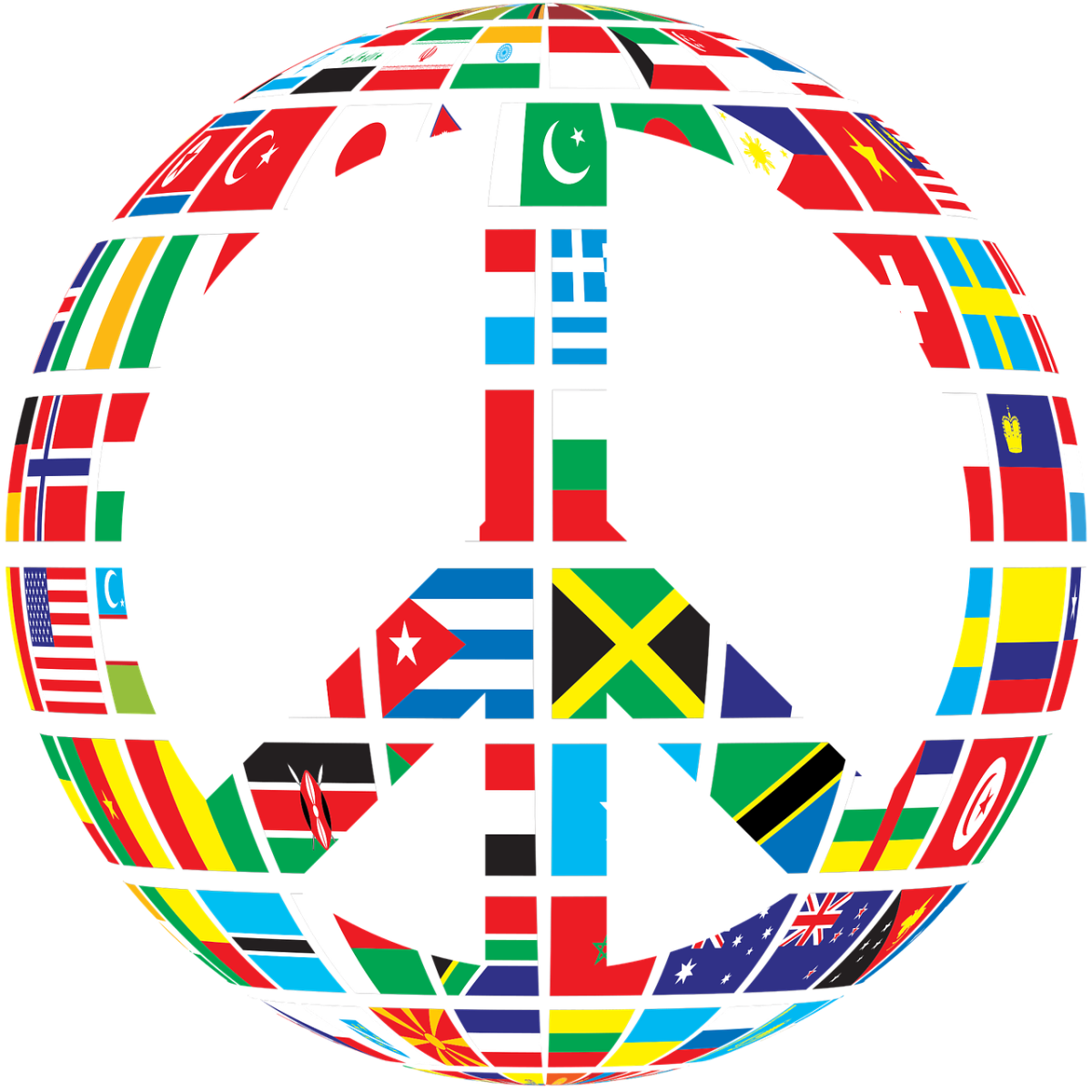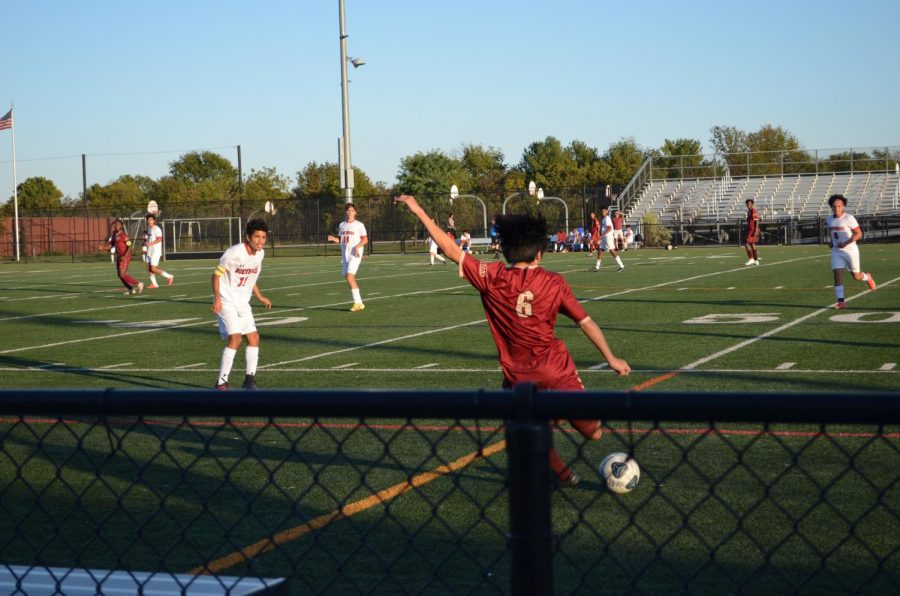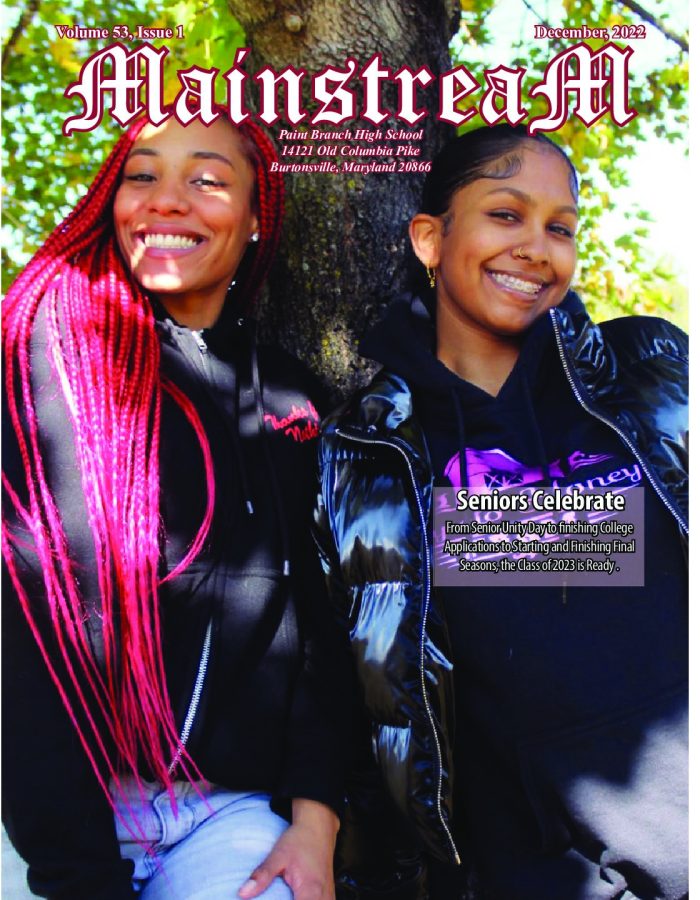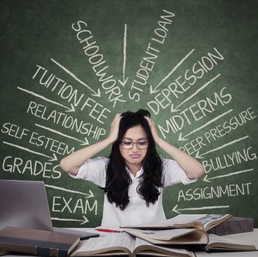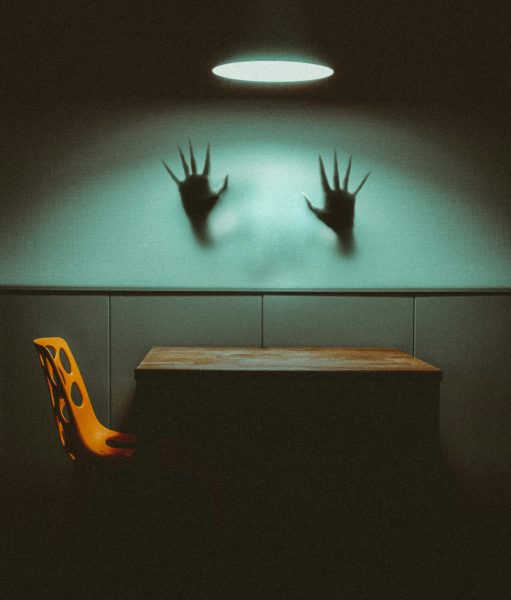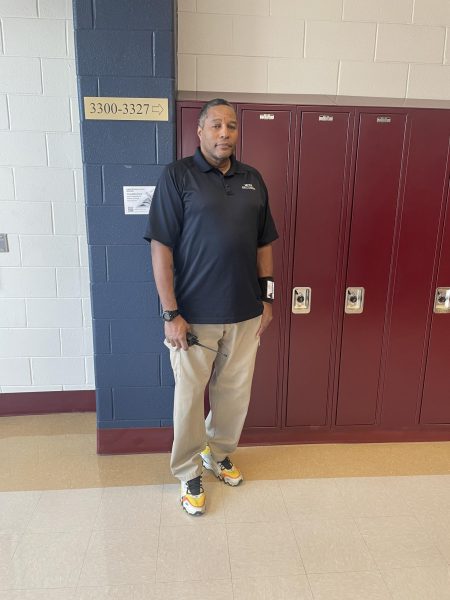Social Justice: It’s Time to Address Rape Culture
April 6, 2017
In our world today, two words have become far too familiar in society: rape culture.
Rape culture is a term that represents society’s normalization or trivialization of sexual assault and abuse. Even a cursory look at various areas of our society reveals the pervasiveness of the issue. From music to politics, from institutions of higher education to law enforcement, rape culture is far too prominent and – in many cases, overlooked or even celebrated.
A prime example of the normalizing of sexual abuse and violence against women is music, specifically hip-hop. Of course, not all rappers normalize sexual assault or abuse, but a closer look at the genre reveals that many do. Kodak Black is an up–and-coming rapper accused of criminal sexual conduct in the third degree. While some may argue that his life offstage and out of studio may be separate from his work, the truth is, that line is fluid. Besides the fact that Black was accused of such heinous crimes, his fans, who are primarily teenagers and young adults, continue to support him. In fact, it is common to see social media posts with the phrase “#FreeKodak” emblazoned on them. No one seems to care about his crimes or how the victim feels because we live in a society where male privilege reigns free and victims of sexual assault are all too often only an afterthought.
In the song “No Favors” by Big Sean and Eminem, the two performers rap about the sexual abuse they would like to see done to conservative commentator Ann Coulter. The lines of the song – too graphic to post here – are shocking. So, what is their punishment for these hateful and incendiary lyrics? A number-one ranking on the Billboard list of Top 200 albums for all genres.
Another hot spot for rape culture is college campuses. The National Sexual Violence Resource Center estimates that 20-25 % of all college students are victims of campus rape or attempted rape. However, the U.S. Department of Justice estimates that only 5% of those on-campus assaults are reported, compared to 15% nationally. Of course, the obvious question is why aren’t victims reporting their assault? There are a multitude of answers, with the biggest one being the mishandling of sexual assaults by colleges. College sexual assault offenders almost always get off clean and, when they are punished, it is often only a slap on the wrist with punishment being nothing more than suspensions and sensitivity training. Even if college attackers are expelled, they are free to go and, in some cases, commit other attacks because of confidentiality policies at many colleges.
This on-campus rape culture is perhaps best exemplified by Brock Turner, a Stanford swimmer who a jury found guilty of assault with intent to commit rape of an intoxicated or unconscious person, penetration of an intoxicated person and penetration of an unconscious person. His punishment? Three months in jail. This sentence ran contrary to Deputy District Attorney Alaleh Kianerci’s desire to see him get a six-year sentence. “Why just three months for a crime that will haunt the victim for her whole life?” According to Aaron Perky, the judge on the case, a prison sentence would have “a severe impact” and “adverse collateral consequences” on Turner.
Preserving Turner’s future was more important than getting justice for the victim. This type of thinking and behavior is due to our patriarchal society which continues to ignore and normalize sexual assault and let perpetrators off with a slap on the wrist. The male privilege displayed in cases like Turner’s leads to dangerous, laid-back perspectives on sexual assault.
Some will argue that I am simply another young woman – perhaps even a dreaded feminist – who continues to create nonexistent problems or blow things out of proportion in order to have something to complain about. However, the sad truth is – rape culture is a real thing and must be talked about or it will continue to torment women throughout the nation.
The normalization of sexual assault and the continuing casual attitudes of our society when it comes to sexual assault and degradation of women are unacceptable. It is 2017, and we need not only to start being sensitive to victims but also to create an environment where sexual assault is treated as the heinous crime that it is.
We should not tolerate people in power, whether they be artists, politicians or judges, who perpetuate a culture where sexual assault is a normal and mildly punishable occurrence.


